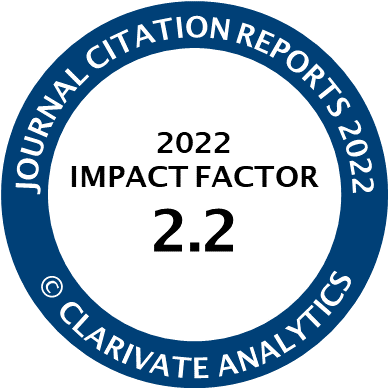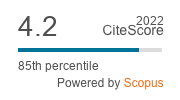Article | Open Access
At the Digital Margins? A Theoretical Examination of Social Media Engagement Using Intersectional Feminism
| Views: | 7031 | | | Downloads: | 3561 |
Abstract: This article applies an intersectional feminist lens to social media engagement with European politics. Disproportionately targeted at already marginalised people, the problem of online abuse/harassment has come to increasing public awareness. At the same time, movements such as #BlackLivesMatter and #MeToo have demonstrated the value of social media in facilitating global grassroots activism that challenges dominant structures of power. While the literature on social media engagement with European politics has offered important insights into the extent to which social media facilitates democratic participation, it has not to date sufficiently accounted for patterns of intersectional activism and online inequalities. Using Nancy Fraser’s feminist critique of Habermas’ public sphere theory and Kimberlé Crenshaw’s theory of intersectionality, this article explores patterns of gender and racial inequalities in the digital public space. By analysing both the role of racist and misogynistic online abuse targeted at women, nonbinary, agender, and gender-variant people in public life, as well as the opportunities for marginalised groups to mobilise transnationally through subaltern counter-publics, I argue that social media engagement is inextricably linked with offline inequalities. To fully understand the impact of social media on European democracy, we need to pay attention to gendered and racialised dynamics of power within the digital public sphere that have unequal consequences for democratic participation. This will involve expanding our methodological repertoire and employing tools underpinned by a critical feminist epistemology.
Keywords: Brexit; digital activism; European public sphere; feminism; intersectionality; online harassment; online violence; populist radical right; social media; transphobia
Published:
Issue:
Vol 10, No 1 (2022): Analyzing Citizen Engagement with European Politics Through Social Media
© Charlotte Galpin. This is an open access article distributed under the terms of the Creative Commons Attribution 4.0 license (http://creativecommons.org/licenses/by/4.0), which permits any use, distribution, and reproduction of the work without further permission provided the original author(s) and source are credited.




